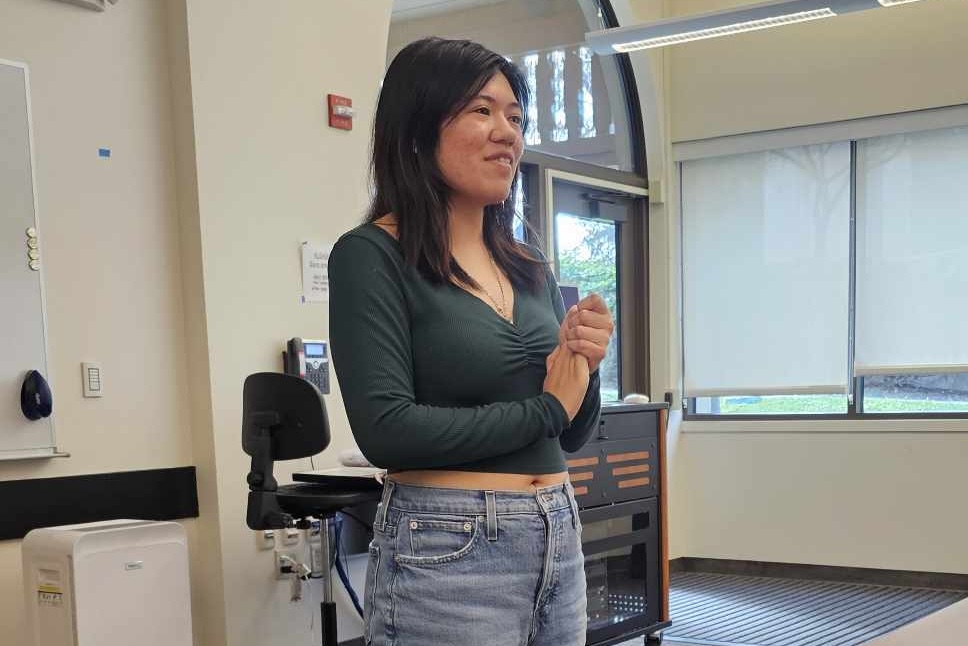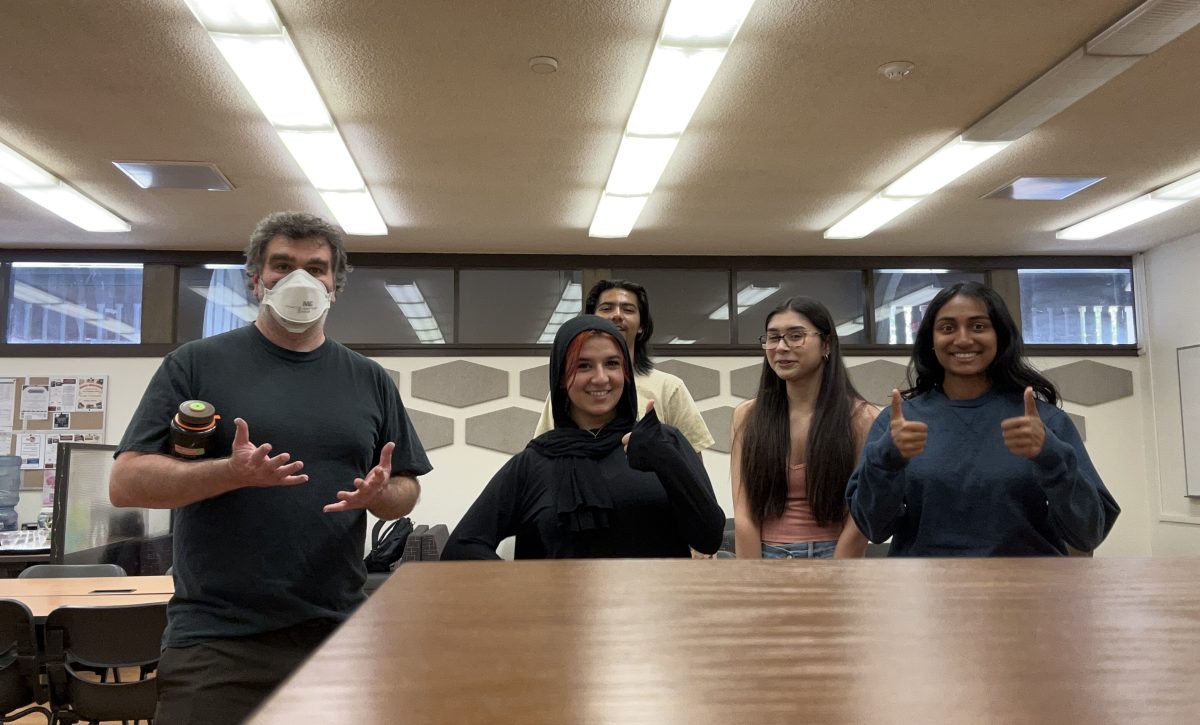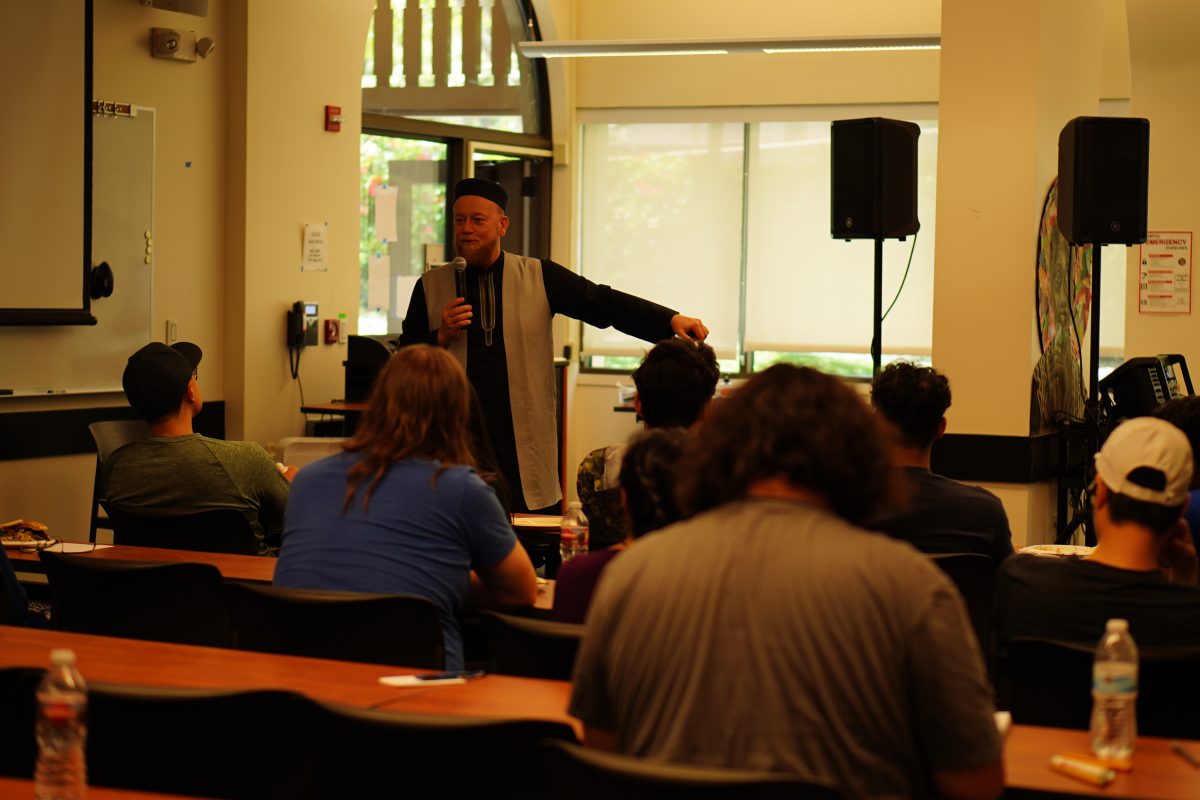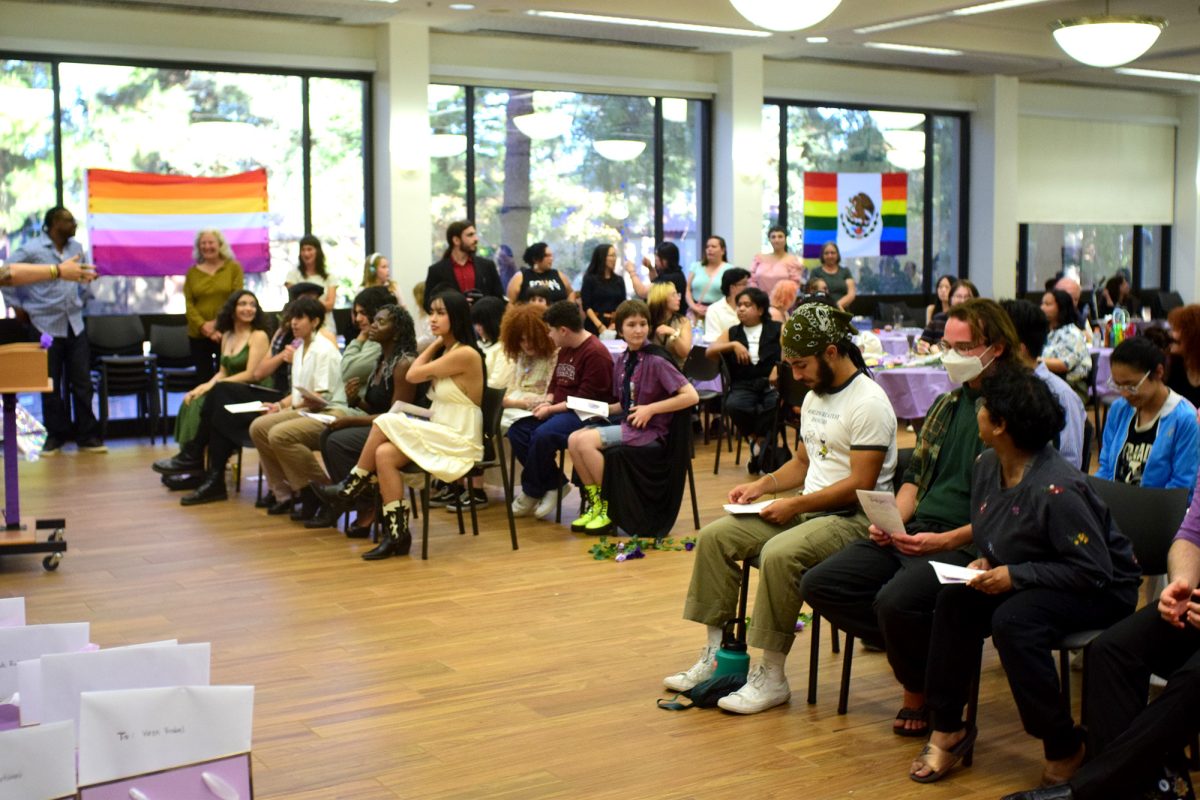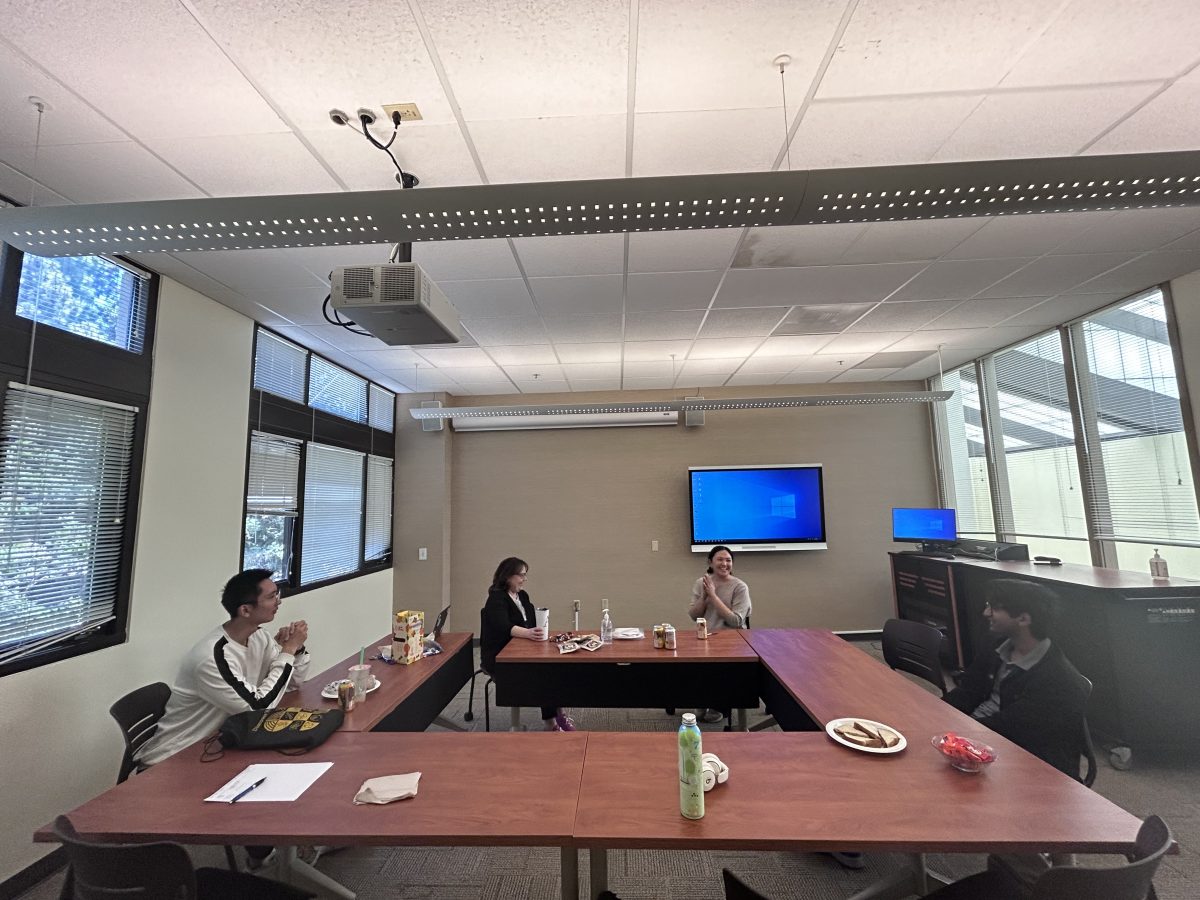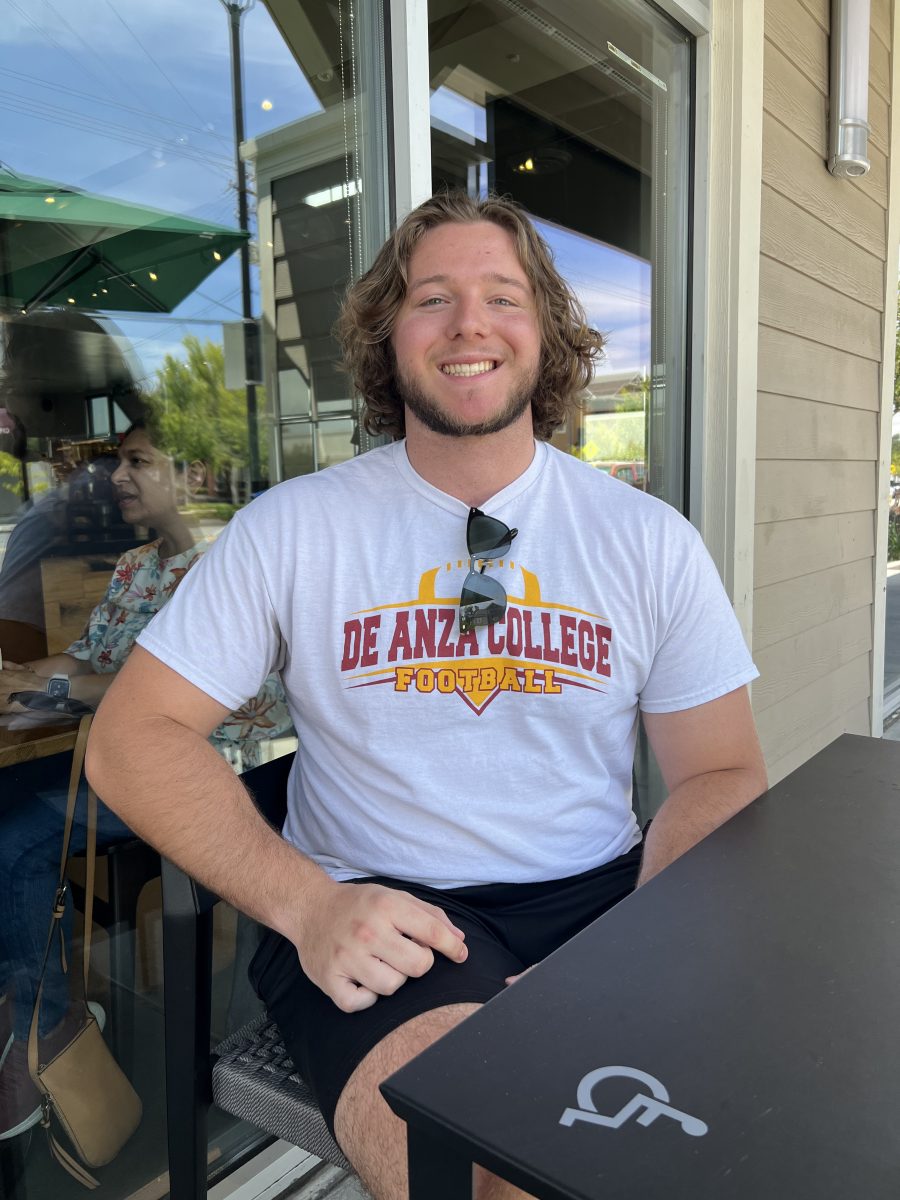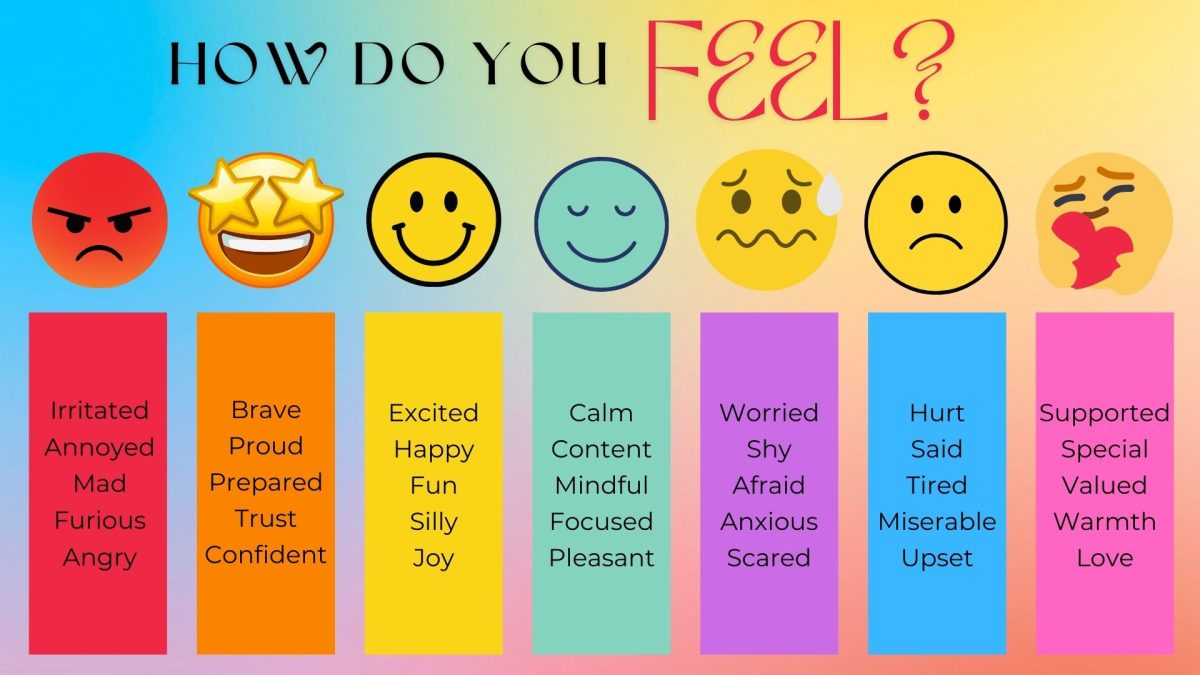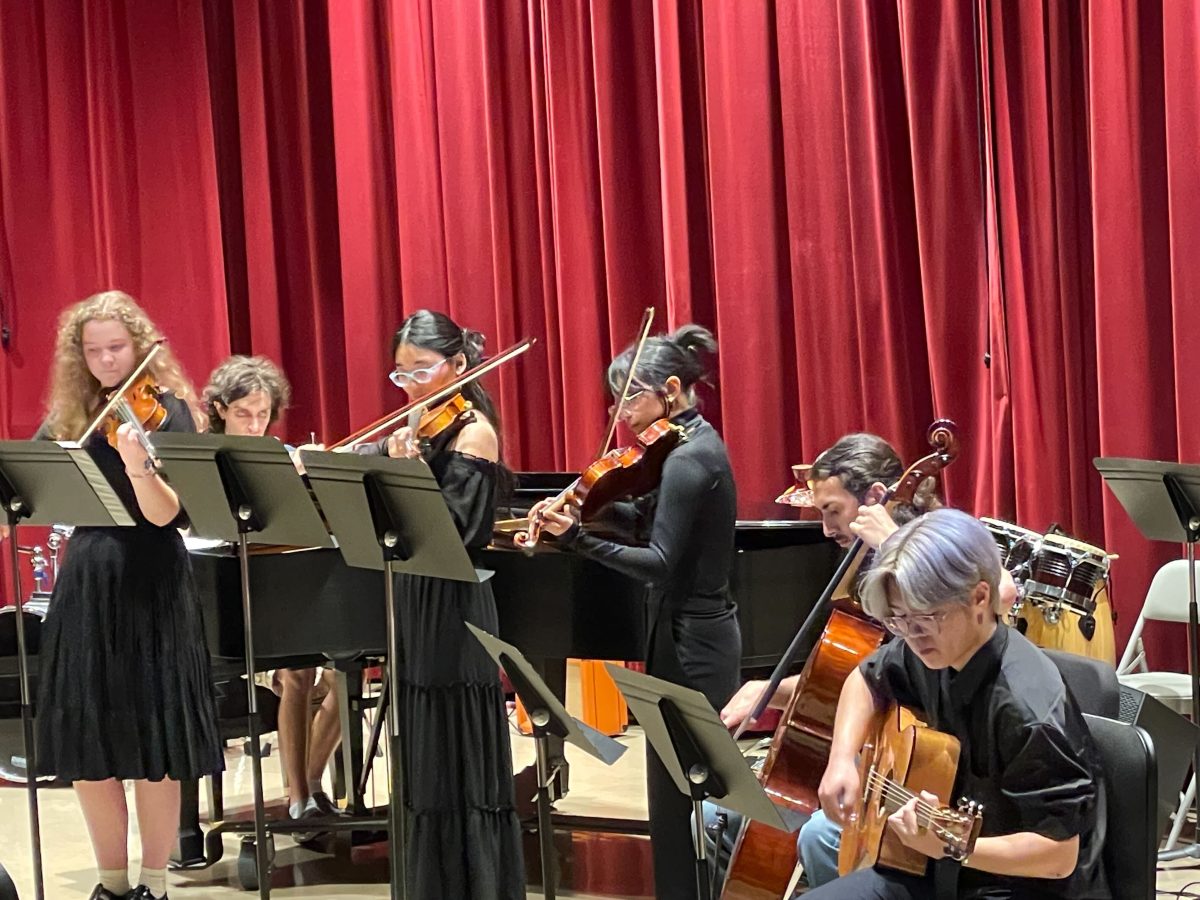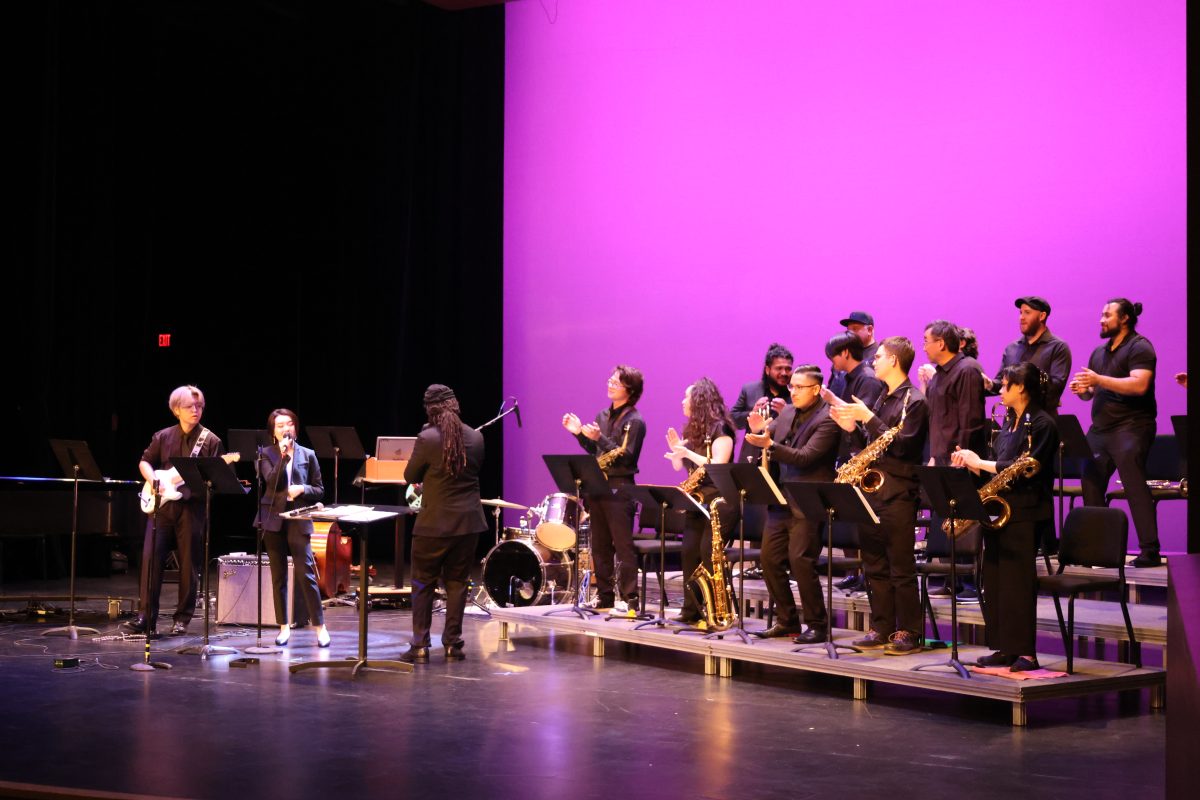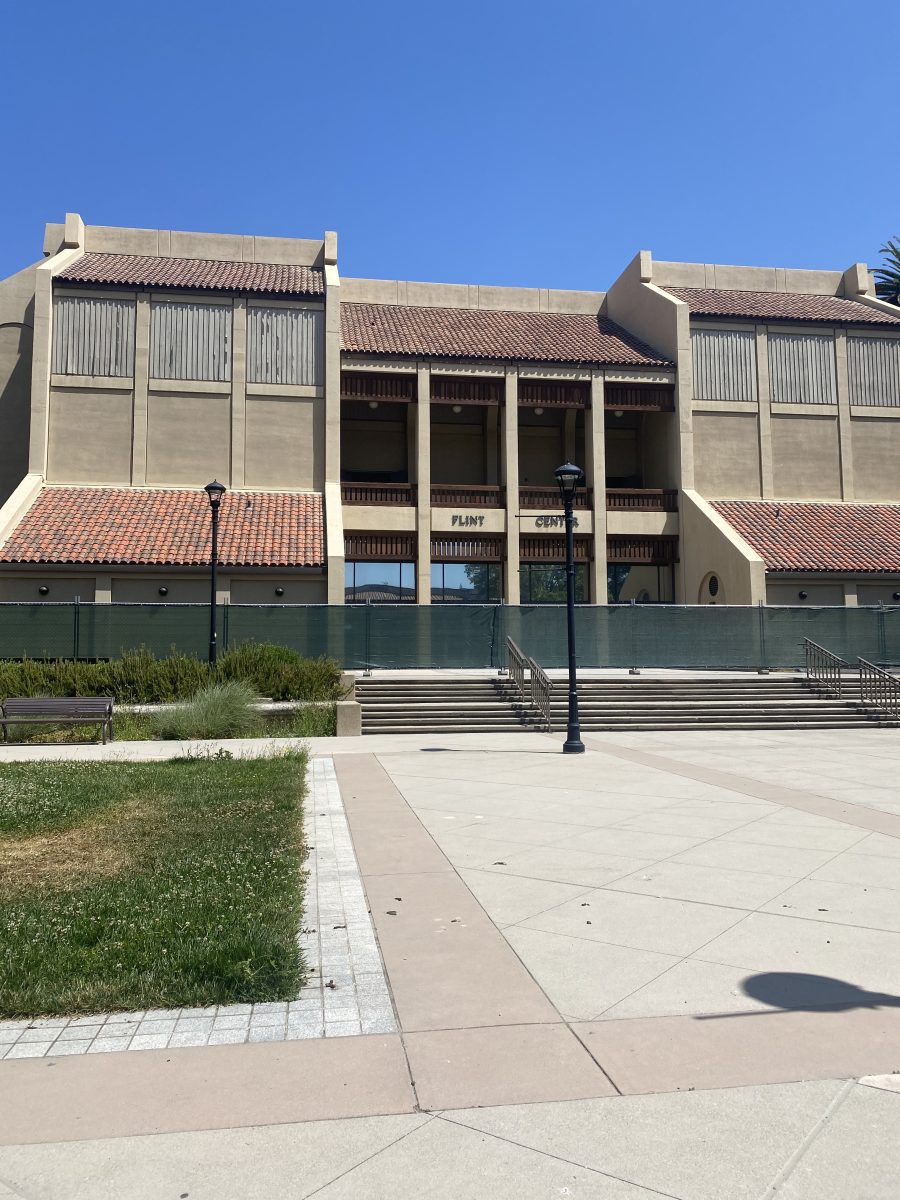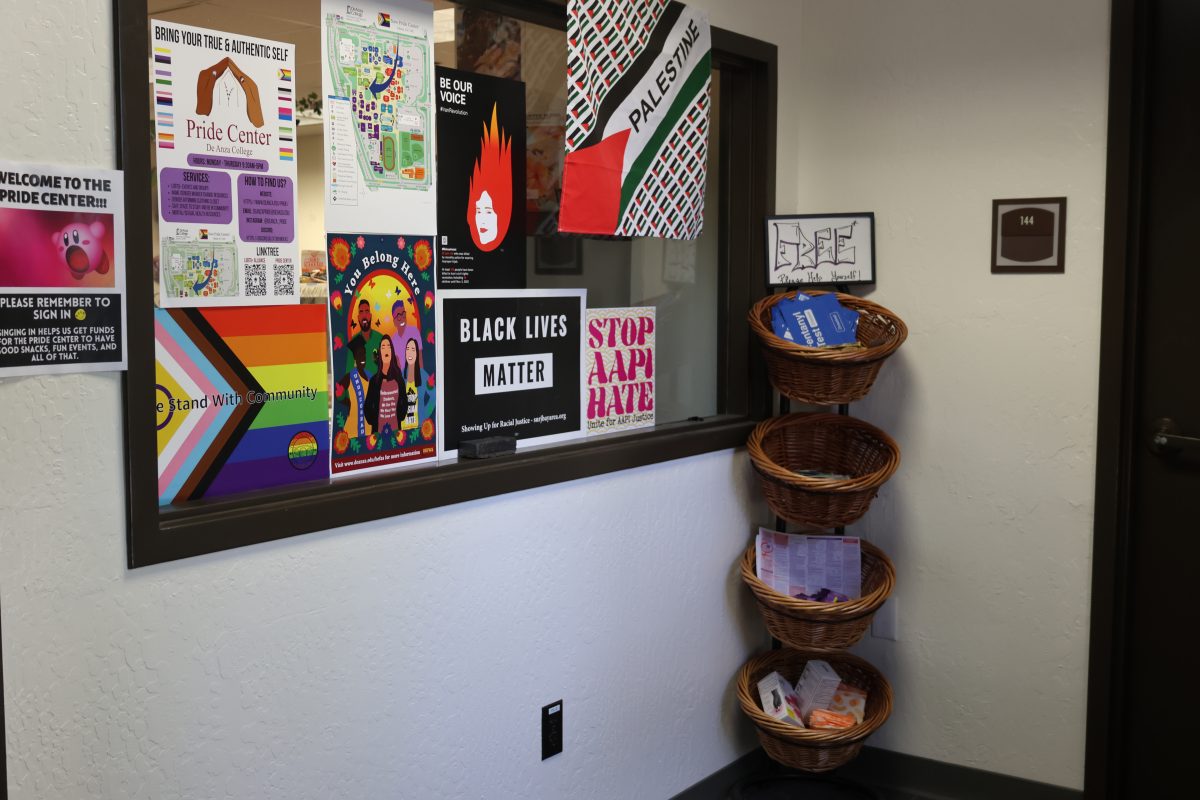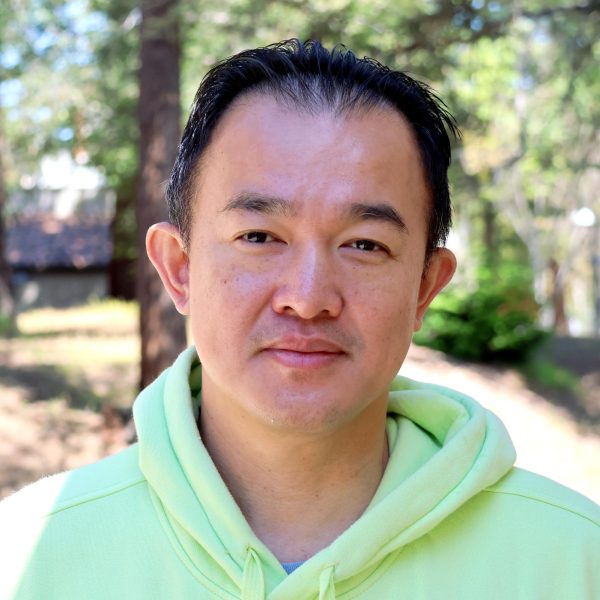South Korea’s Inter-country Adoption program has been around for at least 60 years. Up to today, there have been around 180,000 Korean transracial adoptees that have been relocated to the U.S., Sweden, the Netherlands, France, Australia and a dozen more countries.
Jaime Dy, 21, majoring in liberal arts with an emphasis in social and behavioral sciences, hosted a film session for a documentary called “Side by Side,” which was directed by Glenn Morey. This is a class project she’s working on and its purpose is to raise awareness and start a discussion about the Intercountry Adoption program.
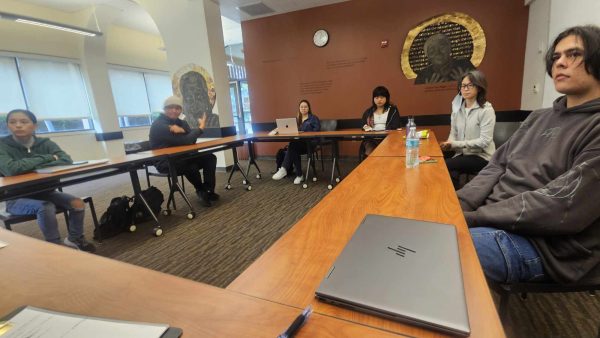
A number of babies and kids in this adoption program spend up to six months in an orphanage in their new country before they are picked up by their future parents. Other adoptees were personally delivered by a family member to a random stranger.
Meanwhile, there are newborn babies who were dropped off at the doorstep of random strangers’ houses. There are also certain adoptees who were the result of adultery.
One adoptee from the film shared her personal experience.
“When you’re abandoned in a public place, and there’s no record (of the) birth mother, or father. There’s no identifying information (and) nobody left a note.”
Many thousands of multiracial babies were born from a relationship between American GI soldiers and gijichons, which is a Korean military prostitute. As a result, Korea started the Intercountry Adoption program in an effort to purge the country of these mixed-race kids that they labeled as “human refuse.”
The journey of an adoptee’s struggles start from the moment they land in a foreign country. An adoptee from the film, living in Milwaukee, illustrated his life.
“The way I like to describe it is that basically, I grew up feeling like a Martian who had been grabbed from outer space in a spaceship.”
As these adoptees transitioned from childhood towards adulthood, they struggled to fit in an environment and culture that was deprived of people who looked like them. An adoptee from the film, living in Australia, tried putting talcum powder on her face because she thought that it was her skin color that made her different.
Mae Lee, a chairwoman of the Asian American and Asian Studies and a De Anza College professor who teaches Asian American and Ethnic Studies, offers her own take on this film.
“For me, the film has so many touch points with Asian American studies, even as it focuses on the diaspora of Korean adoptees around the world,” M. Lee wrote in an email interview. “I found the kind of racialized marginalization described by the speakers to be uncanny in their similarity. As a Korean child adoptee, so many experienced parallel derision for their physical features (skin, nose, eyes, etc.)”
An American adoptee from the film said, “I think the way I internalize that experience was (that) I was bad. I was defective. There was something wrong with me. So I sort of grew up with that self-concept.”
Even after these adoptees grow up and get a chance to revisit their home country, they face certain challenges. A second American adoptee from the film shared what her biological mother said to her after they met for the first time.
“I know you’re my daughter. But the last time I saw you, you were three and now, you’re this grown woman. I don’t know who you are.”
It’s not only the struggles to reconnect to the adoptee’s biological family that they have to overcome but adoptees also have to contend with whether their home country is willing to accept them back as one of their own.
“This is my interpretation as being a part of the tribe, kind of in some distant outer ring and not a very well accepted ring either,” said the Milwaukee adoptee from the film. “I strongly urge any Korean adoptee who is interested to go visit (South Korea) but I also advise them that if they think that it’s going to be an easily integrated experience, they should think again.”
Debbie Lee, a Dean of the Intercultural and International Studies Division at De Anza College that oversees Ethnic Studies, Global Studies, Women’s Studies and the World Languages, had more questions than answers after watching this film.
D. Lee wrote in an email interview, “How do we make adoptees not feel like they are outliers? Sometimes they are rejected by Korean society because they are not seen as real Koreans, while they may feel rejected by their host country since they are not quite seen as real Americans or real French, etc.”
The Milwaukee adoptee from the film adds, “I thought that by going to South Korea, I would be able to put all my puzzle pieces together and I just ended up with more puzzle pieces.”



